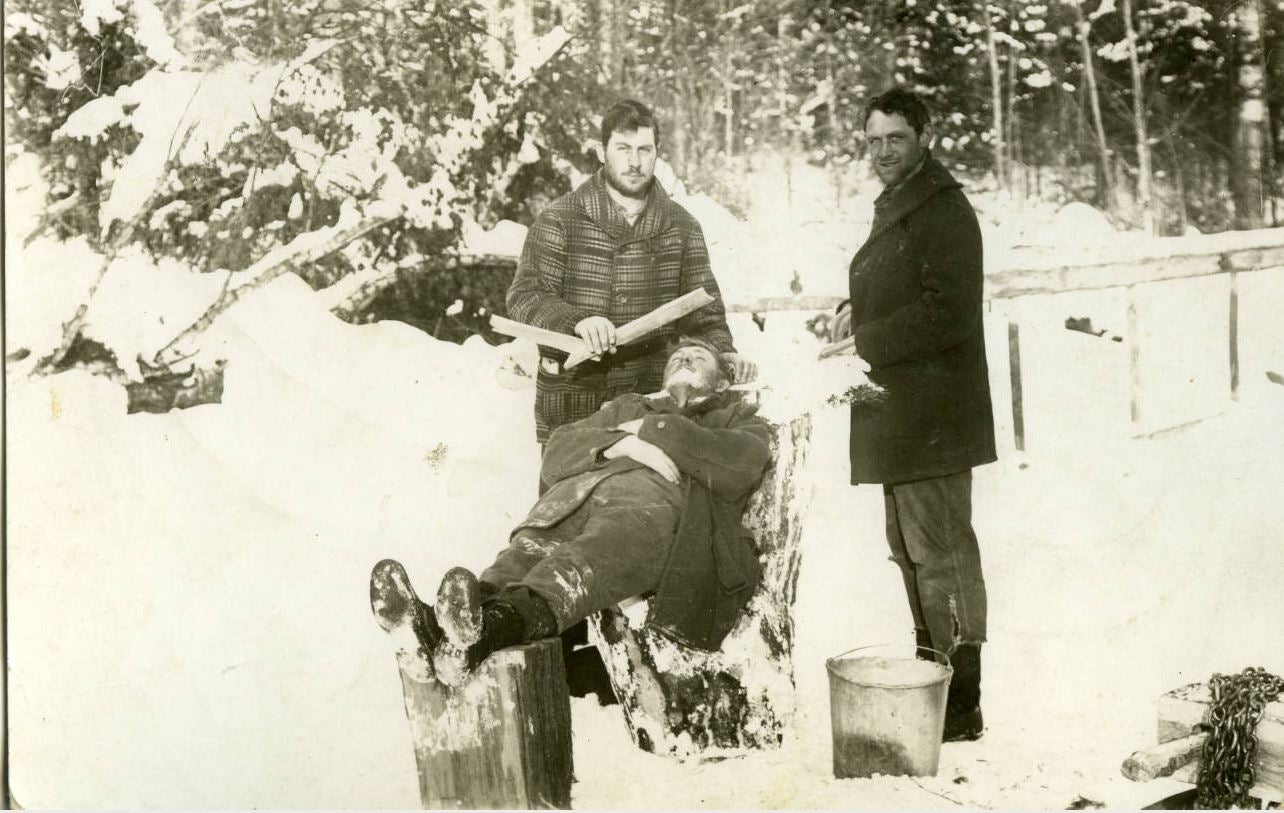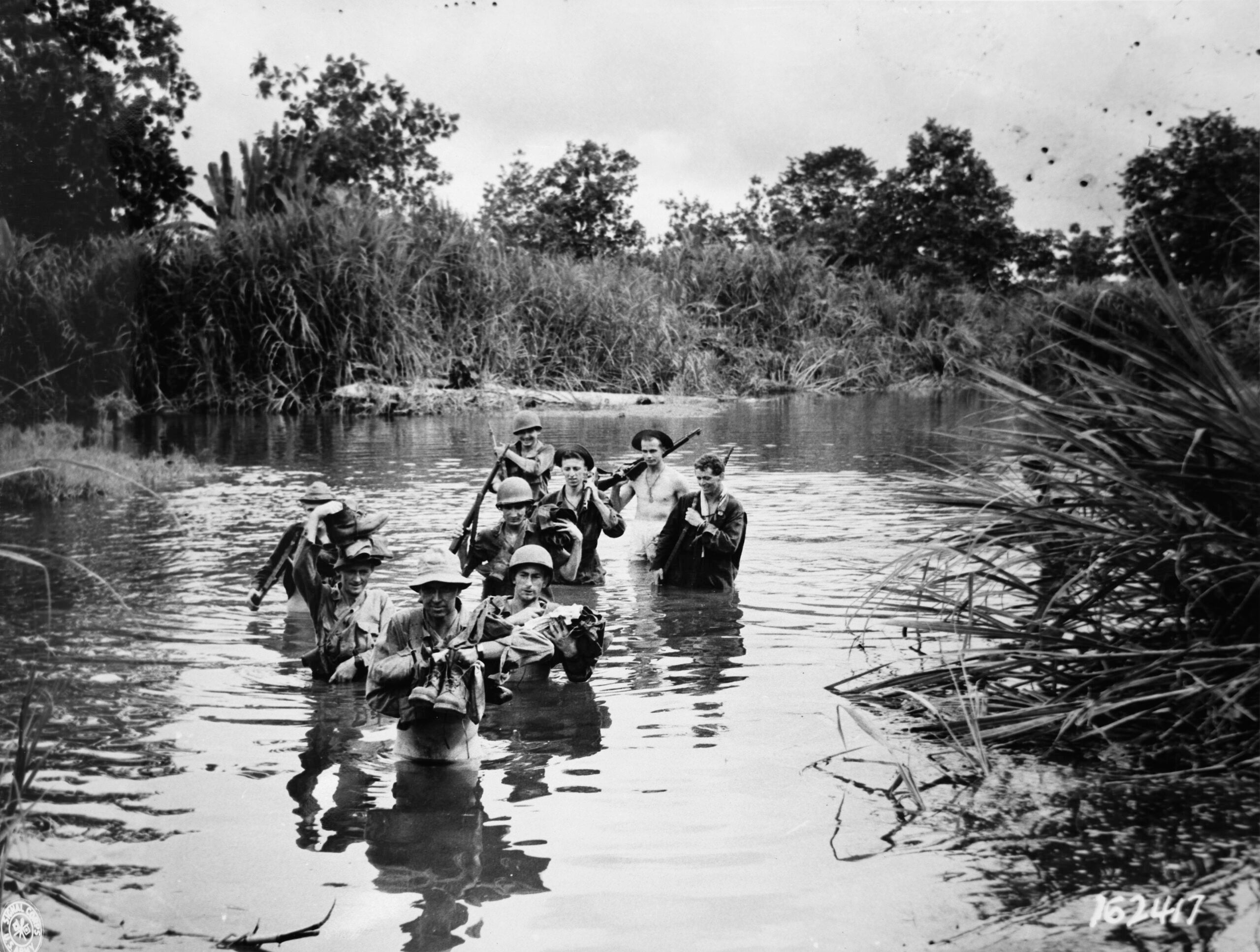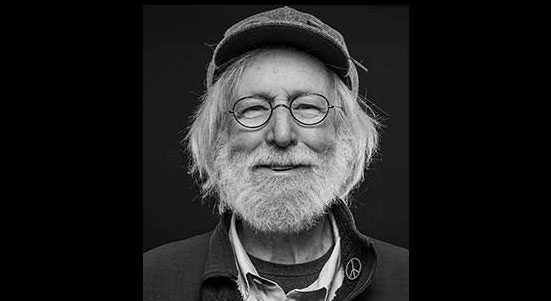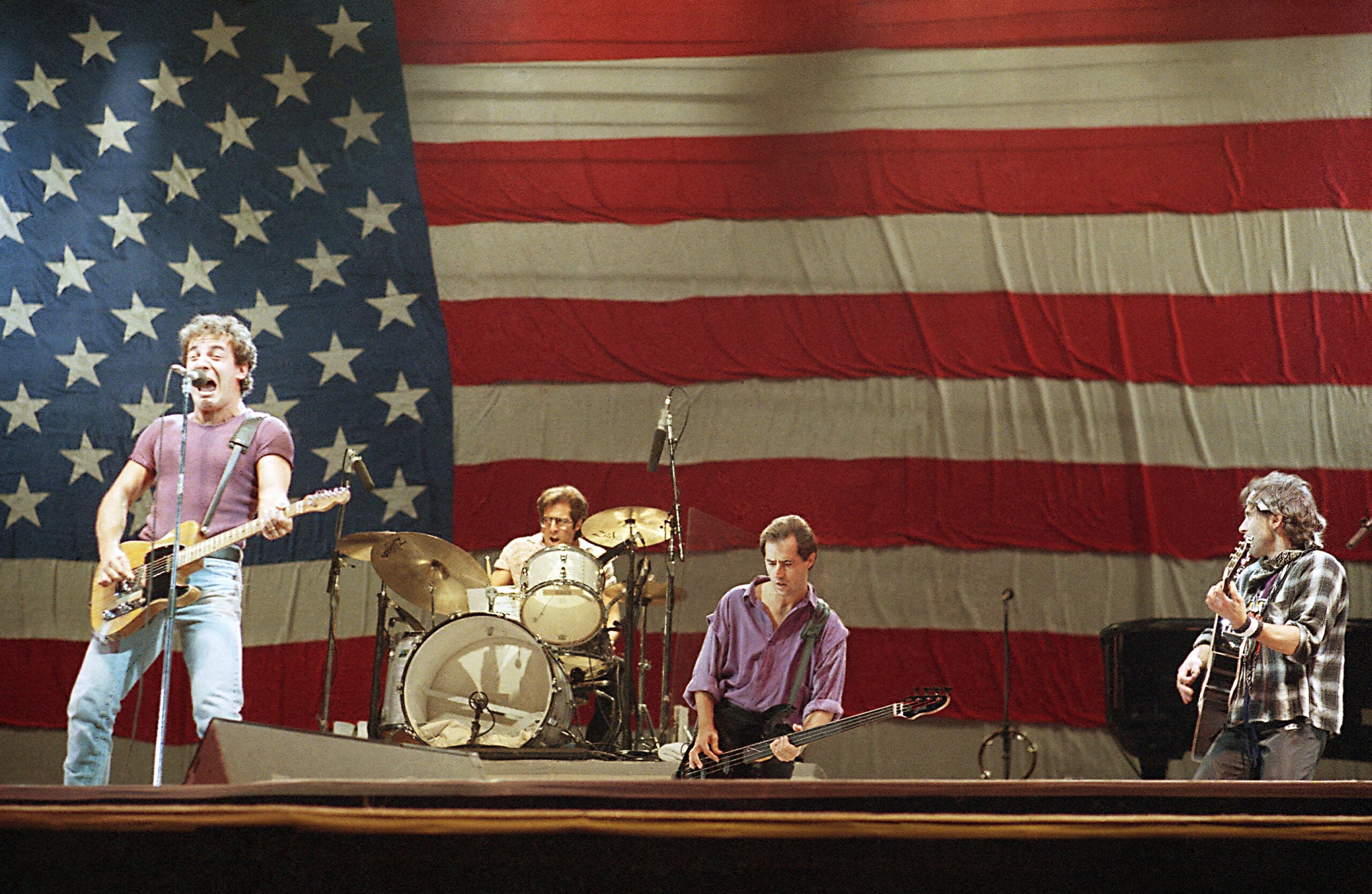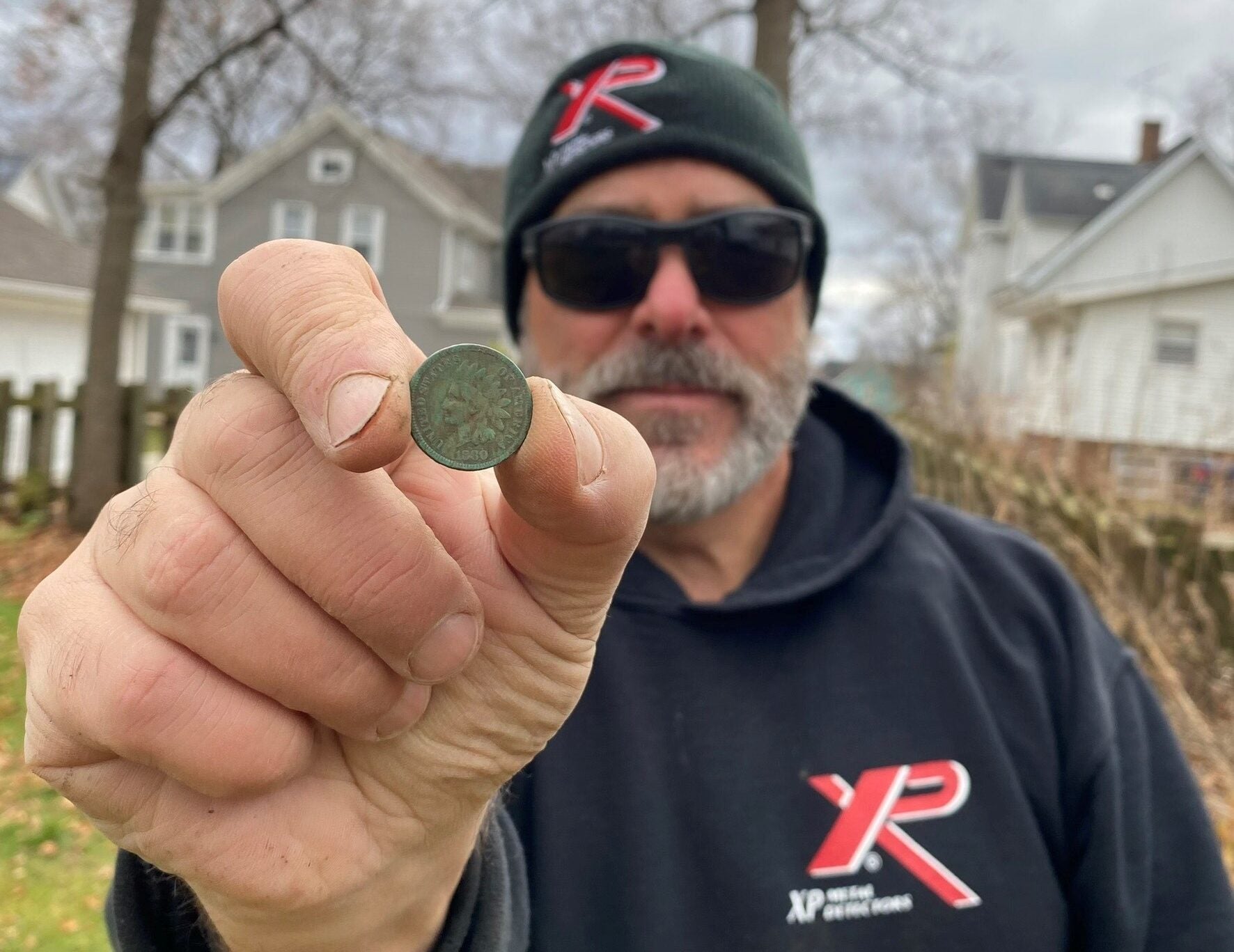In the above photo, a logger lies back on a stump for what looks like a perilous shave. He might have been grateful for the innovation of another Wisconsin-born man: King Camp Gillette and his safety razor.
King Camp Gillette was born on Jan. 5, 1855, in Fond du Lac to a patent agent father and a cookbook writing mother (her “Original White House Cook Book,” published in 1887, remained in print for decades). The family moved to Chicago and later to New York City after the Great Chicago Fire destroyed their hardware business.
Gillette became a traveling salesman selling the wares of others and those he had improved himself, earning four patents for his innovations by 1890. His biggest takeaway from the road, though, was the big sales potential from disposable items. He soon applied that lesson to shaving.
Stay informed on the latest news
Sign up for WPR’s email newsletter.
Gillette himself used not the straight razor favored by most men at the time (including the loggers above), but a Star Safety Razor that had a heavy wedge-shaped blade fitted into its handle. This razor was safer than the straight edge (often called the “cut-throat razor” for the dangers it posed), but it required frequent sharpening and eventually wore out.
Gillette wondered if he could make a sharp edge on a sheet of steel that could be thrown away when it grew dull and easily replaced. It took him several years to find an engineer who could produce the blade he envisioned, but finally in 1903, Gillette and engineer William Emery Nickerson’s Gillette Safety Razor Co. began producing razor blades in multiples. The razor handle became a one-time purchase. Gillette won a patent for his blades in 1904.
Sales soared, but so too did the competition. Gillette continued to make modifications to his razor. He also became internationally known because his face graced the wrappers of razor blades sold all over the world.
Razors were not Gillette’s only, or even primary, interest, however. Gillette advocated for a socialist utopia free of competition and pollution. He hoped to replace the dirty, sprawling cities created by the industrial revolution with communal complexes free from capitalism.
The company continued to grow and expand, acquiring other companies and their products, including the Janesville-born Parker Pen Co. in the 1990s.
Gillette himself, however, lost his personal fortune through corporate battles and in the stock market crash of 1929. He died in 1932.
Wisconsin Public Radio, © Copyright 2024, Board of Regents of the University of Wisconsin System and Wisconsin Educational Communications Board.

